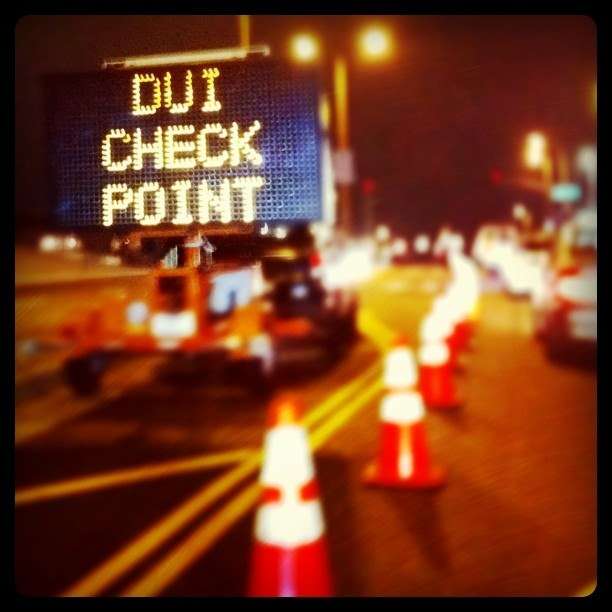New Pot Breathalyzer May Be the Solution to Marijuana's DUI Problem


Marijuana legalization is making impressive headway, but now states must face a different problem when it comes to one of America's favorite drugs—driving while stoned.
The limitations of current tests used to determine if someone is impaired by marijuana are well documented. Hair, saliva, and blood tests all may indicate if someone has consumed marijuana recently, but they do a poor job of determining whether someone is actually high or not. The Marijuana Policy Project reported that:
"The inability to accurately measure marijuana impairment is why both the National Highway Traffic Safety Administration and the National Institute on Drug Abuse have stated that marijuana impairment testing via blood sampling is unreliable."
Despite this, Colorado has persisted in its law that 5 nanograms of THC per milliliter of blood is enough evidence to convict someone of a DUI. Many states where medical marijuana is legal such as Pennsylvania, Ohio, and Nevada have an even lower cut-off of 2 nanograms. Jacob Sullum, senior editor at Reason, profiled all the problems associated with such an antiquated means of measuring marijuana impairment in the July 2014 issue.
A new device called the Cannabix may offer a much-needed solution to this problem. Vice reported that the breathalyzer, being developed by a Canadian police officer named Kal Malhi, will theoretically be able to detect whether someone had smoked marijuana in the past two hours. A study published last fall in the peer-reviewed medical journal Clinical Chemistry demonstrated the plausibility of such a test. The research concluded that:
"Breath may offer an alternative matrix for testing for recent driving under the influence of cannabis, but is limited to a short detection window (0.5–2 h)."
If the Cannabix is all that it is cracked up to be and is actually capable of determining whether someone is too high to drive, then the pot-loving community should support its implementation in law enforcement. Having a legitimate means of measuring marijuana intoxication would unclog court dockets, lead to safer roads (even though traffic fatalities have decreased since marijuana was legalized), and allow cannabis consumers to travel unencumbered by the fear of getting pulled over by a cop that could potentially give them a DUI even though they are stone sober. It might also provide a nudge for states on the fence about marijuana decriminalization and/or legalization.


Show Comments (42)